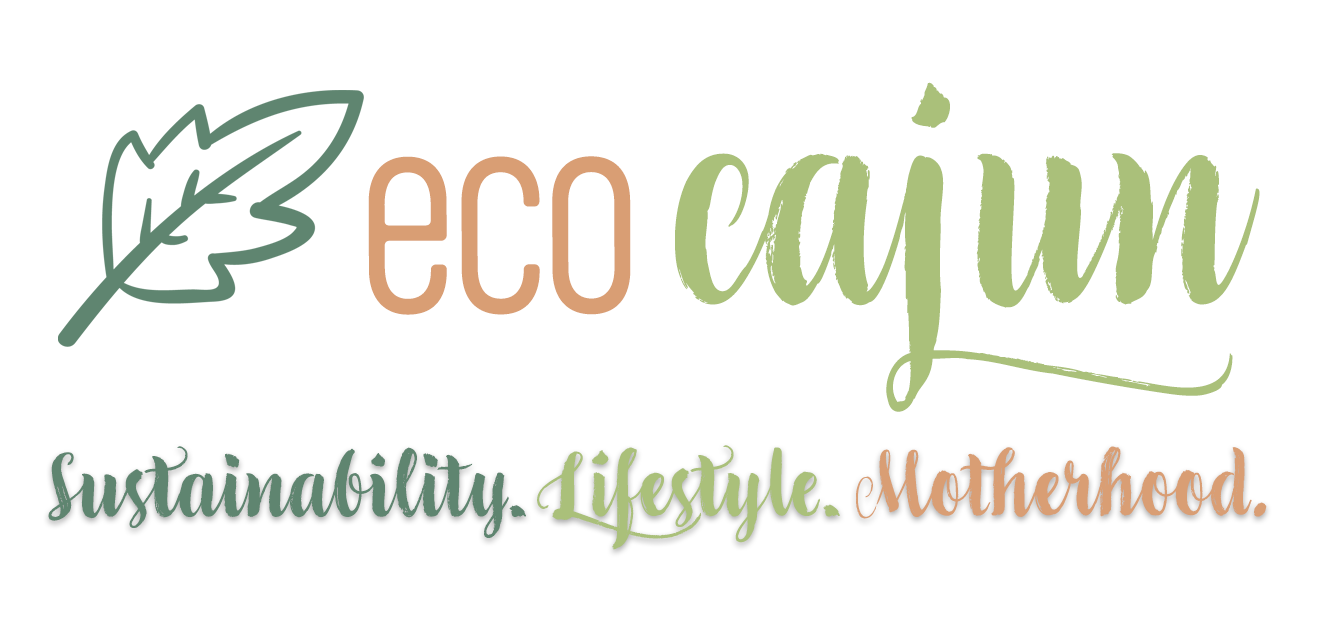This week I'm expanding on what was going to be a weekly simple eco tip, and it's only partly intentional.
According to both the Ocean Conservancy and Keep America Beautiful,
cigarette waste is one of the most common forms of litter around the world, and 65% of cigarette butts are improperly discarded. In fact, cigarette filters and other related tobacco waste are the number one item recovered during the annual Ocean Conservancy’s International Coastal Cleanup Day. They've collected more than 52 million cigarette filters in the last 25 years.
Cigarette butts make up a large part of litter in of public outdoor spaces, including sidewalks, roadways, parks, shopping centers and office buildings. Anywhere you look, you're bound to see a few discarded cigarette butts. When we volunteered for recycling at Festival International recently and our first task was picking up trash, cigarette butts were the most common item I found littering the pavement (aside from straws).
In 2009, a Keep America Beautiful study found that cigarette waste accounted for 38 percent of all U.S. roadway litter. And did you know that cigarette butts are not biodegradable and do not break down quickly? Even the butts that are "properly" thrown away are sent to a landfill where they take up space. And they can leach their bad chemicals into the ground.
These statistics inspired
TerraCycle, a popular upcycling company, to start a program to collect and recycle cigarette butts and use them to create new industrial items, such as pallets. Remaining tobacco is worked into tobacco composting. The
Cigarette Waste Brigade collects cigarette butts from any citizen who mails them in and turns them into new items.
And there are other ways to recycle cigarette butts.
InnovaGreen Systems is another recycling program that collects the butts with a special outpost. One designer has found a way to use
cigarette butts to make yarn for her fashion designs.
So this week's simple eco tip simply requests that you dispose of your cigarette butts in an earth-minded manner. Don't simply flick them behind you or throw them in the trash. Consider collecting your butts and sending them to a recycling program. Or even if you aren't a smoker, consider starting a program at your workplace or neighborhood for recycling.
Of course, the greenest way is to not smoke, but that subject and debate are a whole other ballpark. And both smokers and nonsmokers can contribute to reducing the amount of cigarette waste in the country and around the world. Let's change those statistics and clean up our space.














